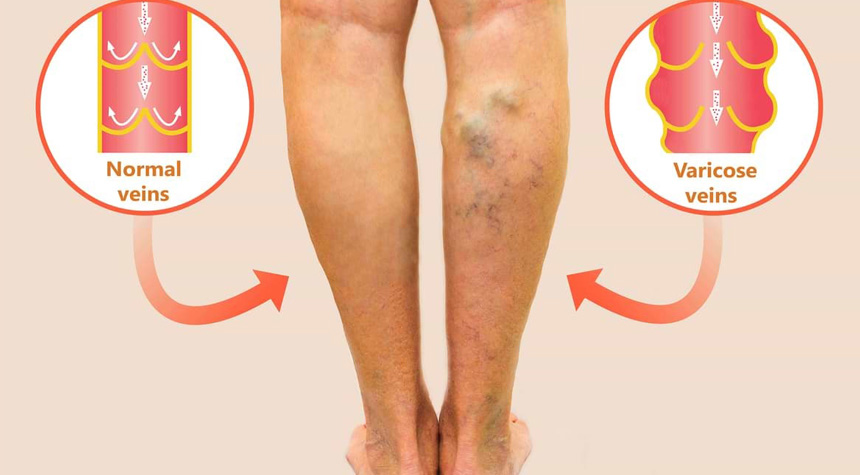Introduction
Radiofrequency ablation is a minimally invasive treatment for varicose veins. During ablation, thermal energy is used to heat tissue and create scars that collapse unhealthy veins. This technique uses radiofrequency energy (instead of laser energy) to heat up and damage the wall inside a vein. RF vein ablation is now the gold-standard of varicose vein treatment replacing surgical stripping. To treat a varicose vein, radiofrequency energy is applied from a small catheter inserted through a leg vein.
The procedure is simple and effectively done in the office. A thin catheter is inserted into the target feeder vein using ultrasound guidance and a small IV line. Once the catheter is accurately positioned, the surrounding area is given a local anesthetic solution (tumescence). The catheter is then activated to deliver radiofrequency (RF) energy to the vein wall. The radiofrequency heats and ultimately collapses the diseased vein.
In the past, patients often found "vein stripping" to be a challenging procedure involving the removal of the entire saphenous vein through large skin incisions. However, with the current endovenous techniques, there is no longer a need for skin incisions or anesthesia to treat varicose veins.
Most highly skilled vein specialists can do this with a simple needle puncture under local anesthesia. It can be done in an office setting or ambulatory surgical center (ASC) and the entire procedure can take 30 minutes in skilled hands. You will be able to resume your normal activities shortly after the treatment. After treatment, you will wear compression stockings until your follow-up with the treating doctor. An ultrasound is performed at the follow up visit to ensure adequate treatment.
Is it Safe?
An experienced vein specialist can safely perform an ablation with minimal risks. Possible side effects of radiofrequency ablation include:
- Skin burn (rare)
- Nerve irritation or skin sensory disturbance (usually temporary)
- Phlebitis
- DVT (rare with a trained vascular doctor)
These side effects are rare and should be discussed ahead of time with your vein specialist.


